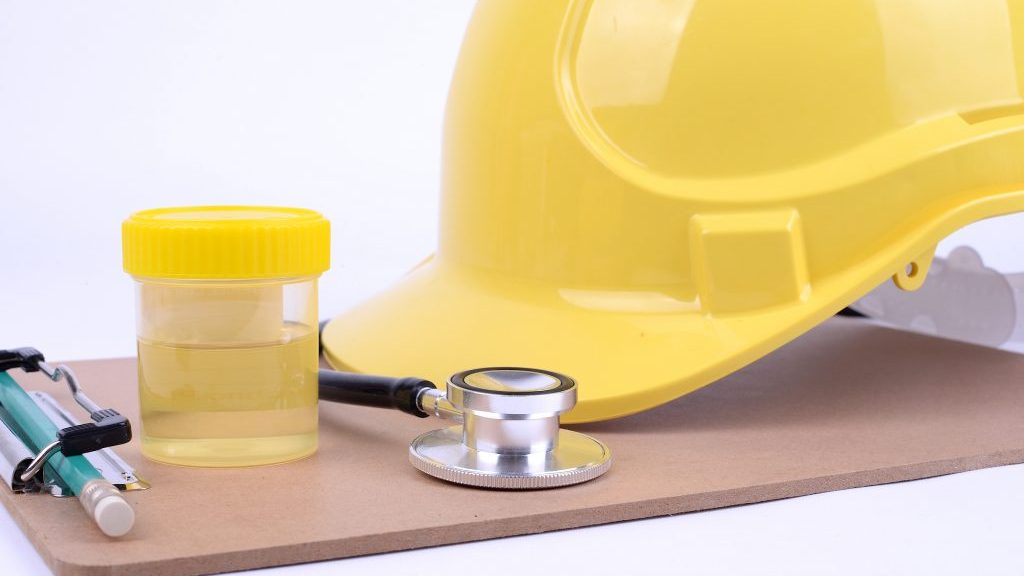The legalization of cannabis again highlights how construction employers face higher risks from employees who are impaired by drugs or alcohol on the job, says Toronto lawyer Norm Keith.
“There are three industries where it is expressly forbidden by law for employees to be impaired from drugs or alcohol on the job,” he says. “And they are all fairly obvious. Ontario Health and Safety Act (OHSA) regulations expressly prohibit impairment or the presence of alcohol or drugs in workplaces for mines and mine plants, offshore oil and gas and commercial diving.”
However, he says, the same rules don’t require construction workers to be drug or alcohol free and that puts an unfair risk on employers especially because cannabis is now decriminalized as of Oct. 17.
“Construction sites are dangerous places, we know that,” he says. “It’s dangerous not only for the person using drugs or alcohol, but those working around them and even bystanders if something goes wrong.”
Even commercial drivers face a zero tolerance threshold of cannabis in their system, yet it is well known in the construction industry that workers consume marijuana, often during their lunch breaks and sometimes even before getting to the site, he argues.
Each of the three sectors named is covered under a specific section of the OHSA. For oil and gas it’s Section 64: “No person under the influence of, or carrying, an intoxicating alcoholic beverage shall enter, or be on, or knowingly be permitted to enter, or be on, a rig” which was extended last year in preparation for decriminalization of cannabis to include “carrying, a drug or narcotic substance.”
Regulations for mining are similar under Regulation 854.
Employees who appear to be impaired in the workplace should always be assessed
— Workplace Strategies: Risk of Impairment from Cannabis — 3rd Edition
Canadian Centre for Occupational Health and Safety
Commercial diving operations are covered under Regulation 629 and require “the diving supervisor for a diving operation shall ensure that each diver participating in the diving operation is competent and fit to perform the work” and includes a new clause that a “diver or standby diver shall ensure that he or she is not impaired in his or her diving ability because of consumption of alcohol or drugs.”
However, the regulations also allow for those with a prescription for a drug, which includes, cannabis may use it after “establishing medical proof thereof.”
In reality, it is open season on construction, he says, because supervisors, project managers and others could be held liable if there’s an incident which is ultimately traced back to cannabis usage and a court determines there wasn’t enough due diligence to prevent the drug’s consumption.
Canadian law also generally prevents drug tests on the job because they are considered “discriminatory on the basis of disability and perceived disability under human rights legislation,” according to a white paper from the Canadian Centre for Occupational Health and Safety (CCOHS) titled Workplace Strategies: Risk of Impairment from Cannabis — 3rd edition.
It goes on to advise that testing should only be considered for safety sensitive positions and on a case-by-case basis.
“Employers must provide training to supervisors and employees on the impact of impairment, and how to recognize and respond to possible signs of impairment,” it advises.
Furthermore, spotting an impaired employee is as tricky as testing is conclusive, according to the report.
“Employees who appear to be impaired in the workplace should always be assessed according to employer policies,” the report notes. “Urine levels of THC do not correlate with impairment. Blood levels correlate more directly; however, all assessments should include an overall evaluation of impairment.”
Asked about the gap in OHSA regulations, the Ministry of Labour referred to a speech by Attorney General Carolyn Mulroney at the Empire Club of Canada in October where she said only that “employers need to take a look at their guidelines, you don’t want your employees working impaired and cannabis is impairing. I’m sure most employers have guidelines that say you cannot come to work impaired.”
She also referred to the need for the federal government to approve more forms of cannabis testing equipment so it can be rolled out. However, the law is clear that employee can be only randomly tested for drugs or alcohol at work in exceptional circumstances, says Keith.
“I know the construction industry associations have made efforts to talk to the Ministry of Labour about this,” says Keith. “But they’re so overwhelmed, it just isn’t getting on to anyone’s agenda.”






Recent Comments
comments for this post are closed